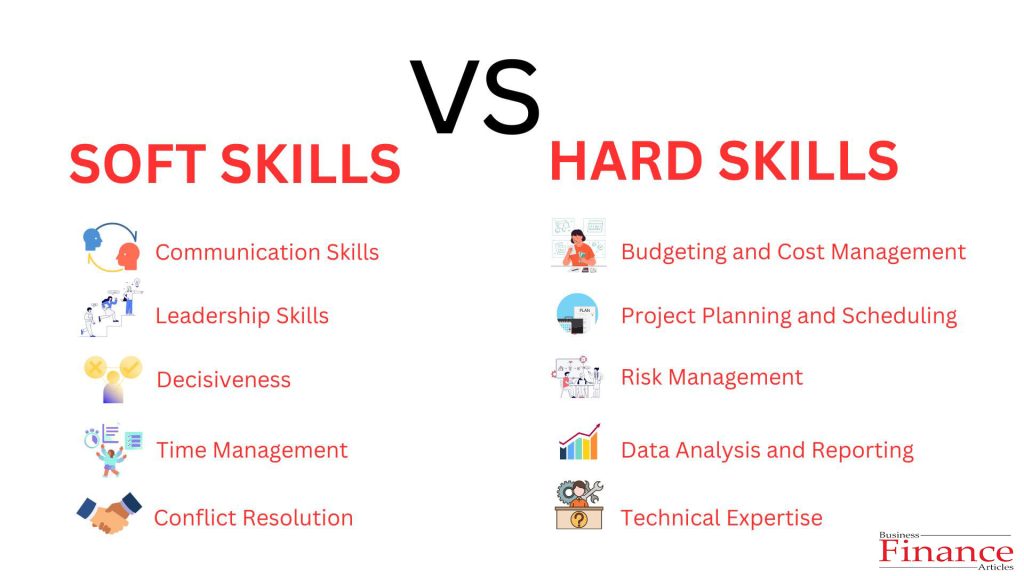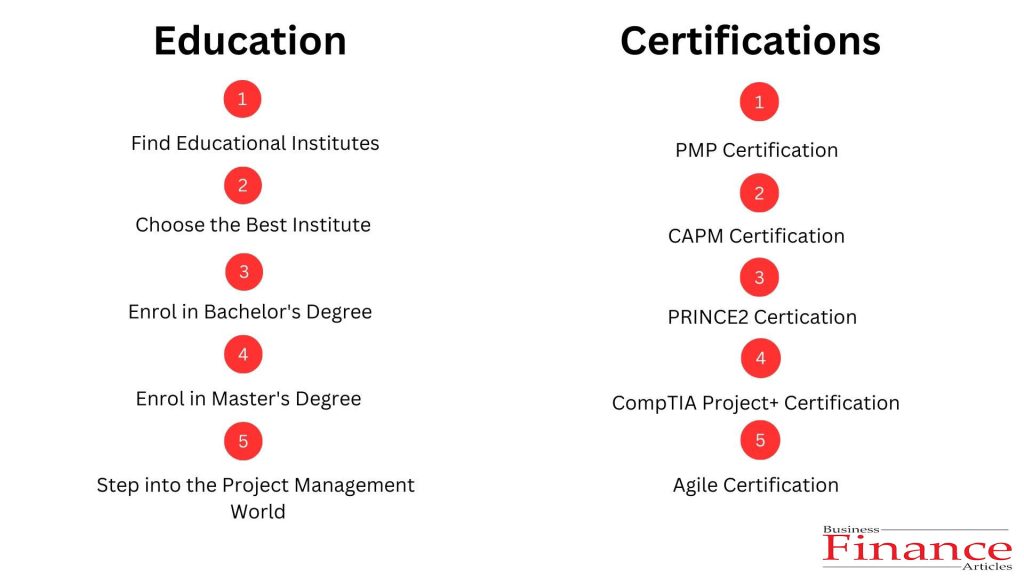Your office will never be a complete and functional workplace without its office supplies. It’s your office supplies that help you get the job done and keep your business operation running. Just imagine a workplace without office supplies. It would be the farthest thing from organized.
A disorganized office may have an adverse effect on your productivity, including your officemates. Working in a chaotic environment may confuse employees, causing them to make mistakes with tasks. A messy office can also cause delays whenever one or most of your employees spend most of their time searching for papers or documents from a pile of disarranged items. In simplest terms, a decluttered and well-arranged desk is fundamental for offices to ensure employees are inspired to do their jobs better and more quickly.
Suppose you’re working on improving the organization of your office workplace. In that case, the first step would be to get products such as Index Office Supplies. You’ll find numerous choices of office tools that can help you keep your workplace organized and prevent any clutter in the future.
If you’re feeling overwhelmed about which tools you should get, here are five must-have office supplies you can stick with first for an organized workplace:
Basic Writing Tools

Writing tools are the most basic. You’ll need these when labeling your files and other office supplies. Some of these essential writing tools include the following:
- Pens – When purchasing writing tools, start with a basic ballpoint pen. They often come in blue, black, and red. They’re great and economical, and you can use them to organize your notes. Avoid gel pens. They may be thicker, but they’re often messy when not used properly.
- Pencils – Aside from pens, don’t forget to get yourselves some pencils. Be careful with low-quality pencils as they often easily break almost every time you use them. To be safe, you can get mechanical pencils instead, preferably with 0.7 mm lead. Not only are they of good quality, but they’re refillable too!
- Permanent Markers – Pencils and pens can’t do the job if you’re going to label or organize larger items or perhaps cardboard boxes. Thus, don’t forget to buy, at least, three to four permanent markers for your office. You and your employees can use them to label or write on cardboard boxes and to label files or even the food in your office pantry.
- Set Of Highlighters – Lastly, don’t miss getting a set of colourful highlighters to organise and highlight your action items. You can use this to highlight major announcements in your meeting notes, errors that need to be redone, signatures you need to fill in, and your list of must-dos in your daily checklist.
Other items you may need with your writing tools include white inks, erasers, and the like.
File Folders With Labels For Paperwork

Perhaps you’re thinking of going for an elaborate filing system to keep everything organized.
Unfortunately, the more complex your filing system is, the less likely you and the rest of your employees can maintain it. For instance, some businesses tend to file everything and anything in fear of getting rid of something they may suddenly need one day. Thus, they end up keeping every bit of paper they see and stacking these in their drawers.
This system will only cause more clutter and take up too much space in your drawers. It’ll also be harder for you to locate important stuff when you need it. So, keep your filing system simple by purchasing letters or envelope holders from theelegantoffice.com and labeling each of them properly.
Self-Stick Notes or Sticky Notes
Another must-have office supply that can help keep your workplace organized is self-stick notes or sticky notes. In fact, sticky notes are so popular and useful that you can find an entire store aisle filled with different colors and sizes. You can use them to mark a page in a document or contract, write down ideas or essential reminders, label certain folders or bulletin boards, and takedown instructions to be pasted on someone else’s desks.
When you see a sticky note, this will give you the impression that important detail is being jotted down and highlighted, making it easier for your employees to take action. Remember, one of the best ways to improve employee efficiency is by providing them with the right office supplies.
Grouping Tools
One of the most common tasks in an office is filing papers or documents. This will keep papers on your desk in their proper place and ensure they’re organized and out of sight. Some of these must-have grouping tools you mustn’t miss during your shopping are:
- Binder Clips – These come in different sizes so that you can bind sheets of paper together easily, regardless of volume. These will keep your files neat and secure too.
- Staplers – These are widely used everywhere. They can bind your files more permanently than binder clips which you can disengage anytime.
- Rubber Bands – You can use them to bundle up and organise loose papers or products before storing the latter in place. Rubber bands are also excellent for keeping things secure during transport.
- Tapes – Another essential tool for your office is a versatile office tape. You can use this to stick notes on walls or desks, fix minor tears on papers or small items, label documents, or keep computer wires out of sight.
- Paper Clips – These are quite similar to binder clips. However, paper clips are only best for binding thin sheets of paper.
Envelopes
Envelopes are pretty similar to folders, but the best thing about them is they can keep papers organized and sealed in place. They are best used for managing confidential documents. You can secure the contents inside the envelopes by pasting the seal before keeping them away. Moreover, you can also use envelopes to keep your papers neat whenever they’re bound to be submitted to your customers, higher management, and co-workers, creating an impression of professionalism.
Feel Organised With the Right Tools
Once you have these must-have office supplies in your workplace, you’ll feel more organized and competent with your day’s work. So, keep your workplace together with these basic yet essential office tools. Get enough for everyone in the office.

Jason is the Marketing Manager at a local advertising company in Australia. He moved to Australia 10 years back for his passion for advertising. Jason recently joined BFA as a volunteer writer and contributes by sharing his valuable experience and knowledge.











